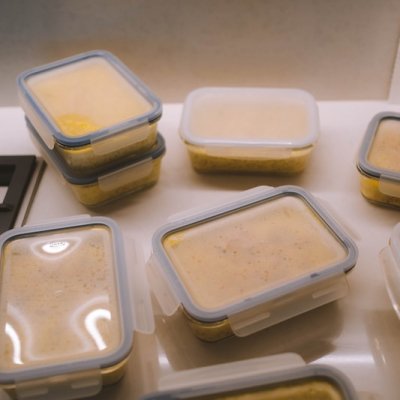USAGE NOTE
The plural of "die" is "dice."
die(
day
)An intransitive verb is one that does not require a direct object (e.g., The man sneezed.).
1. (to perish)
b. morirse
It makes me very sad to think that my mother died without ever getting to know her grandchildren.Me da mucha pena pensar que mi madre se murió sin llegar a conocer a sus nietos.
a. extinguirse
The daylight died and he turned his flashlight on.La luz del día se extinguió y él encendió su linterna.
b. apagarse
When the fire died, the room got very cold.Al apagarse la chimenea, la habitación quedó muy fría.
b. apagarse
The engine died and there was no way to start it again.El motor se apagó y no hubo forma de arrancarlo de nuevo.
a. calmarse
Let's wait until the storm dies down before heading out.Esperemos a que se calme la tormenta antes de salir.
5. (colloquial) (to want very badly)
A word or phrase that is commonly used in conversational speech (e.g., skinny, grandma).
A transitive verb is a verb that requires a direct object (e.g., I bought a book.).
a. morir de
Many drug dealers die a violent death.Muchos traficantes de drogas mueren de forma violenta.
b. morirse de
Against all odds, the dictator died a natural death.Contra todo pronóstico, el dictador se murió de muerte natural.
A noun is a word referring to a person, animal, place, thing, feeling, or idea (e.g., man, dog, house).
7. (games)
a. la matriz (F)
(f) means that a noun is feminine. Spanish nouns have a gender, which is either feminine (like la mujer or la luna) or masculine (like el hombre or el sol).
Dies are used to shape sheet metal into automobile doors.Se utilizan matrices para moldear el metal laminado y transformarlo en puertas de automóvil.
a. el cuño (M)
(m) means that a noun is masculine. Spanish nouns have a gender, which is either feminine (like la mujer or la luna) or masculine (like el hombre or el sol).
The decoration on the borders is stamped out with steel dies.La ornamentación de los bordes se consigue mediante un troquelado con cuños de acero.
Examples
Machine Translators
Translate we will have died using machine translators
Conjugations
Other Dictionaries
Explore the meaning of die in our family of products.
Random Word
Roll the dice and learn a new word now!
Want to Learn Spanish?
Spanish learning for everyone. For free.























